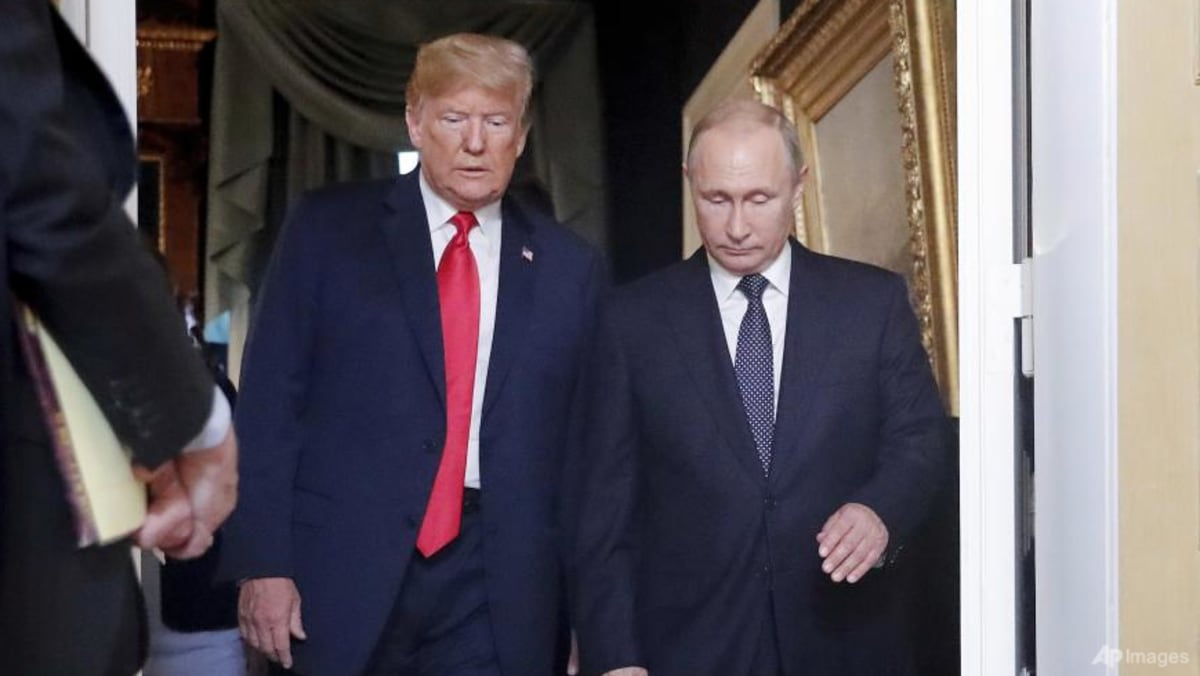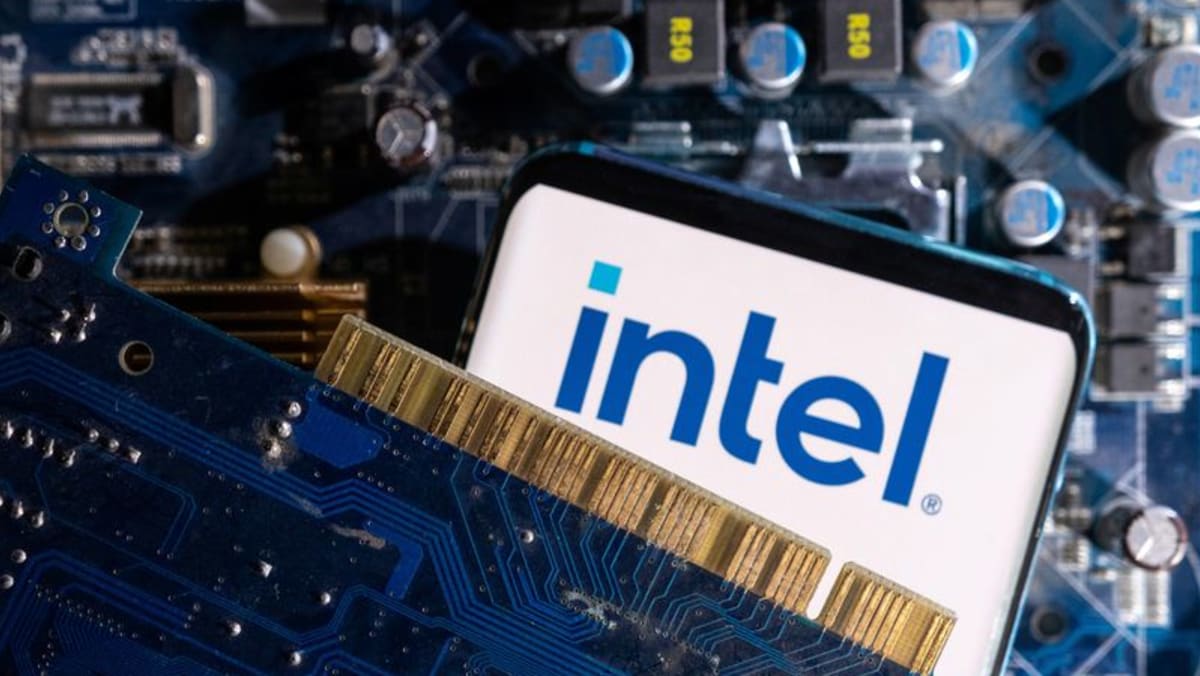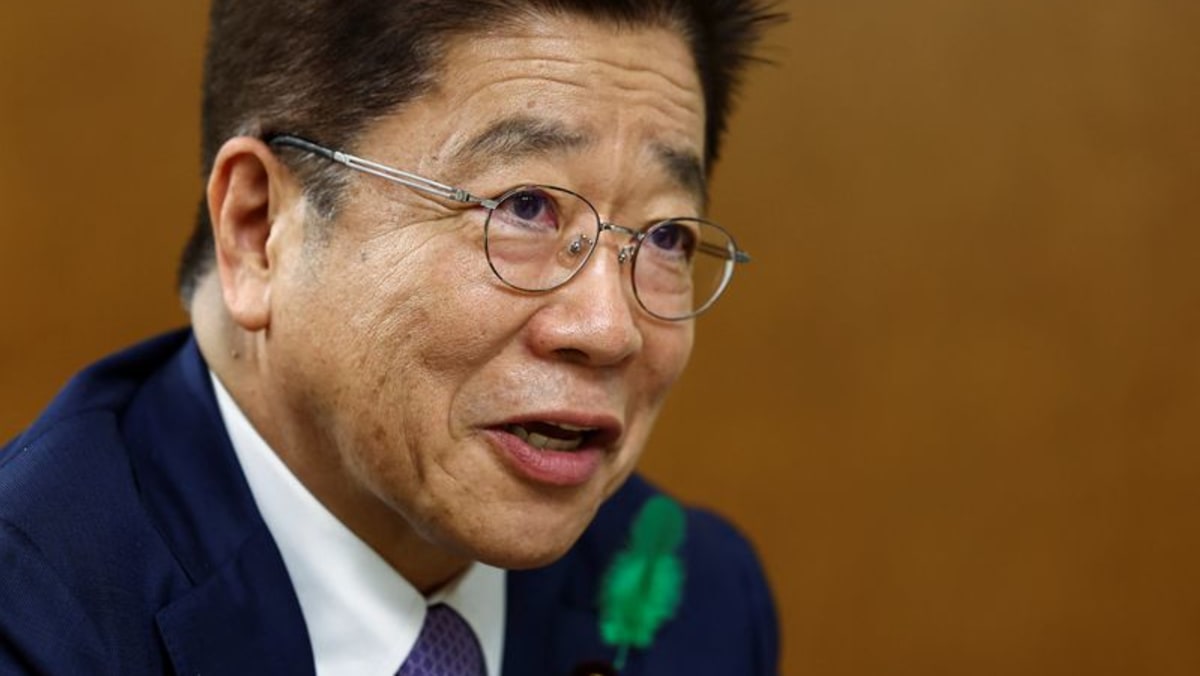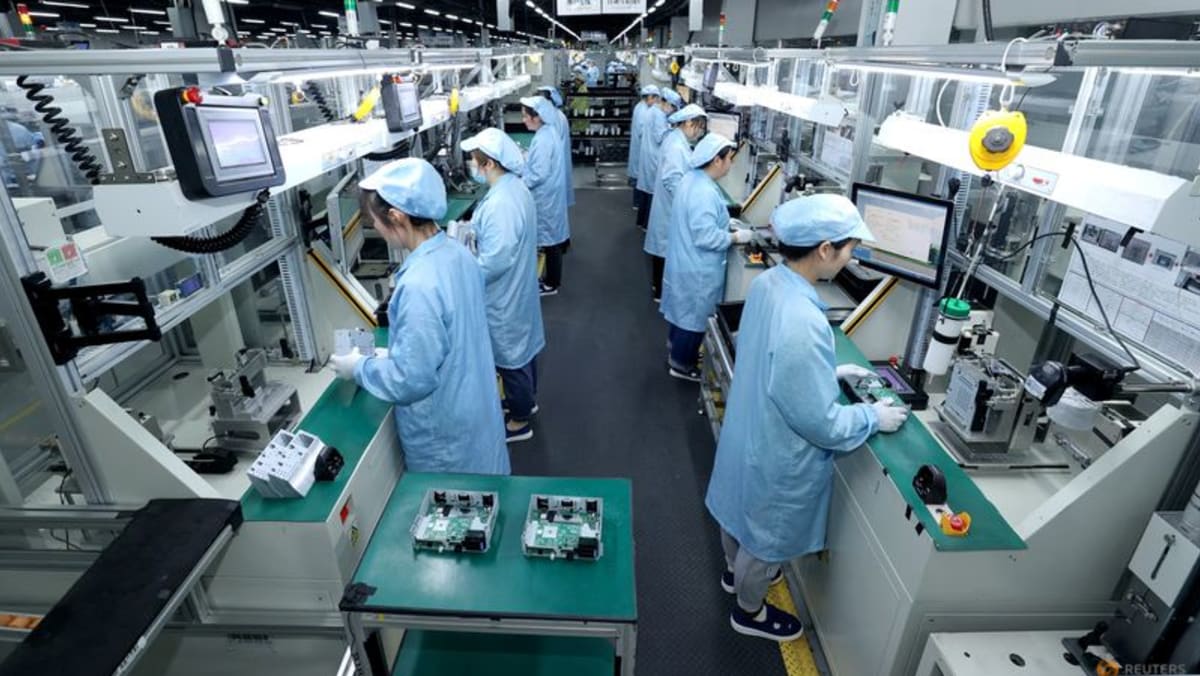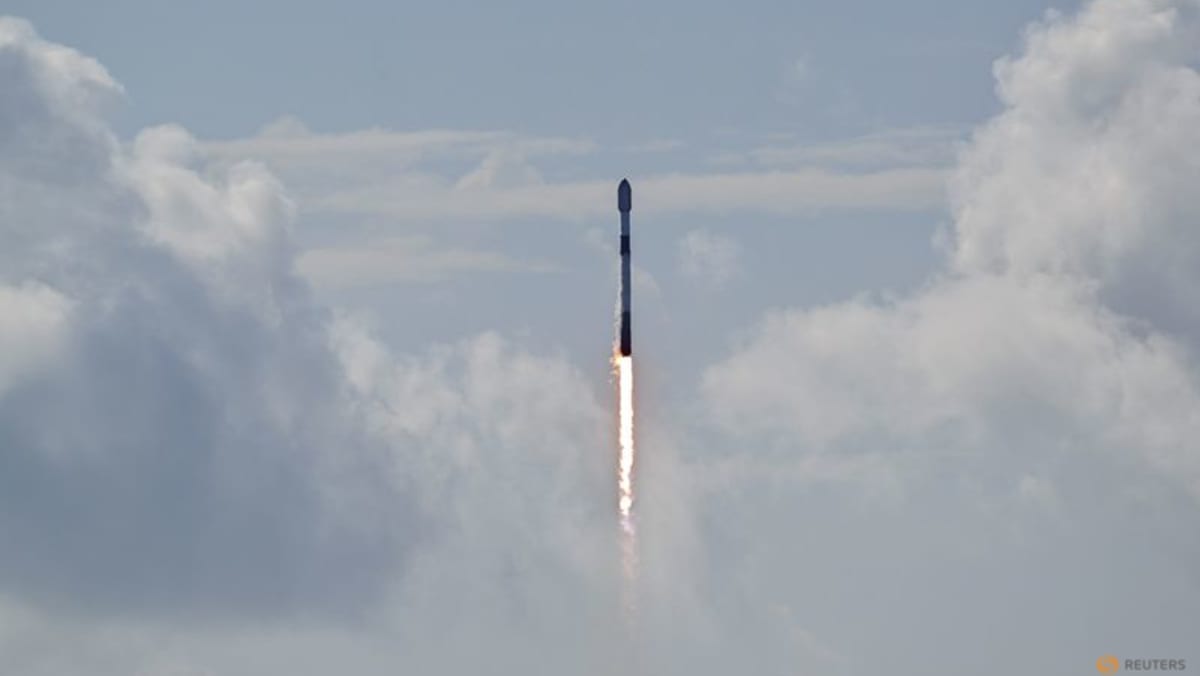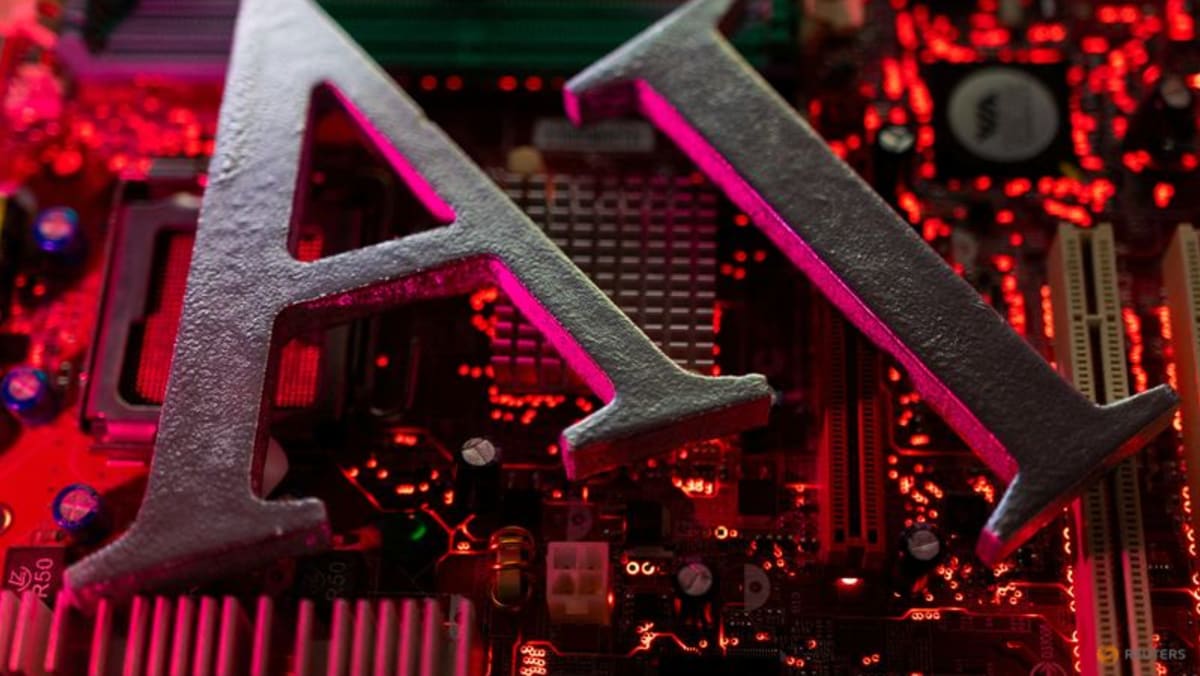Intel shares rose nearly 4 per cent on Friday on hopes of more financial aid for the turnaround of the struggling chipmaker after a report that the U.S. government may buy a stake.
The Bloomberg News report followed a meeting between CEO Lip-Bu Tan and President Donald Trump on Monday after Trump demanded the new Intel chief’s resignation over his “highly conflicted” ties to Chinese firms.
Trump, who called the meeting “very interesting,” has taken an unprecedented approach to corporate interventions, including a deal that would make the Department of Defense the largest shareholder in rare-earth producer MP Materials.
In the latest move, Trump’s administration is considering using funds from the 2022 CHIPS Act, signed into law by his predecessor Joe Biden, to take a stake in Intel, Bloomberg News reported on Friday, citing people familiar with the discussions.
Intel last year secured nearly $8 billion in subsidies, the largest outlay under the act, to build new factories in Ohio and other states as former CEO Pat Gelsinger bet on them to restore the company’s manufacturing edge.
Tan, however, pared back such ambitions, slowing construction in Ohio. He plans to build factories based on demand for the services, which analysts have said could put him at odds with Trump’s push to shore up American manufacturing.
Intel and the White House did not immediately respond to Reuters requests for comment.
Federal backing could give Intel more time to revive its loss-making foundry business, analysts said, but it still faces a weak product roadmap and trouble attracting customers for new factories.
It could be a “game-changer”, said Matt Britzman, senior equity analyst at Hargreaves Lansdown. But he warned “government support might help shore up confidence, but it doesn’t fix the underlying competitiveness gap in advanced nodes.”
Intel lost its competitive edge years ago to Taiwan’s TSMC. It has virtually no presence in the booming AI chips market dominated by Nvidia and is losing market share in PCs and datacenters to AMD.
Its latest 18A manufacturing process is facing quality issues, Reuters has reported, as only a small share of chips produced are good enough for customers, while it remains partly dependent on TSMC to make Intel in-house designed chips.
“Intel also needs capability; can the US government do anything to help here?” Bernstein analysts said.
“Without a solid process roadmap the entire exercise would be economically equivalent to simply setting 10s of billions of dollars on fire.”

